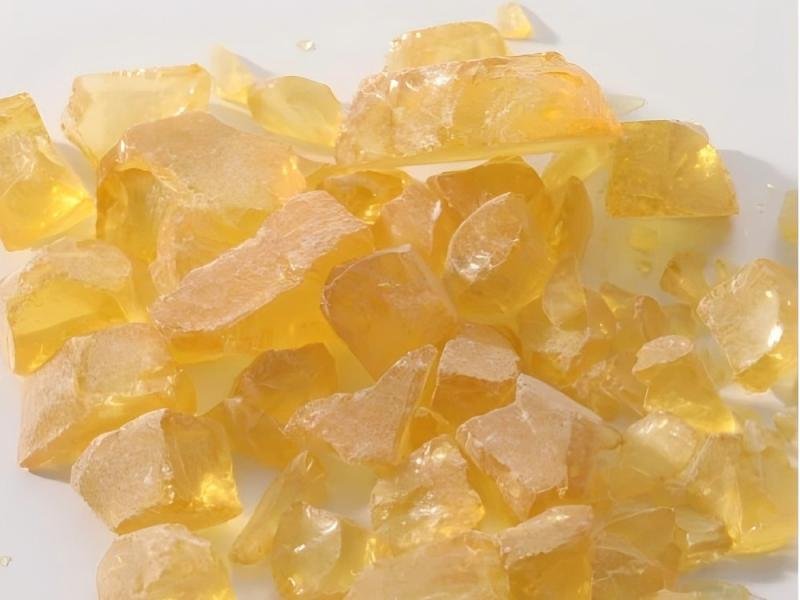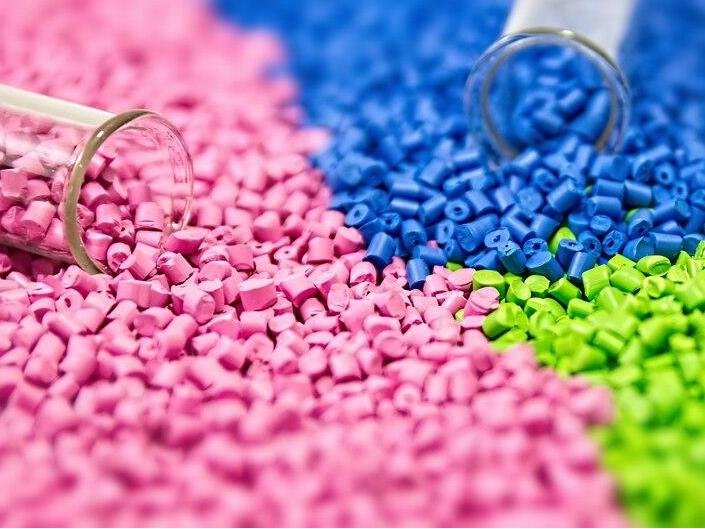Fumaric Acid For Industrial Applications
Durable Performance & Enhanced Quality with NORBIDAR Fumaric Acid
NORBIDAR Fumaric Acid plays a vital role in industrial applications, delivering superior performance and reliability. In unsaturated polyester resins, it improves curing speed and mechanical strength, ensuring durable and high-quality composites. When used in modified rosin, it enhances tackiness and stability, ideal for adhesives and coatings. Additionally, as a key component in plasticizers, NORBIDAR Fumaric Acid contributes to flexibility and longevity in plastics. Trusted for its consistent quality and versatility, NORBIDAR Fumaric Acid helps manufacturers optimize production processes while achieving enhanced product properties across multiple industries.

Fumaric Acid For Unsaturated Resins
Fumaric acid is a key component in the production of unsaturated polyester resins. Due to its trans double bond, fumaric acid exhibits higher reactivity compared to the cis double bond in maleic anhydride, commonly used in unsaturated polyester resins synthesis. Incorporating fumaric acid to partially replace maleic anhydride enhances the crosslinking density of the resin, resulting in improved curing efficiency. This modification shortens gelation time, accelerates drying, and increases the gloss and hardness of the final polymer.
Additionally, fumaric acid-modified resins offer better sandability, making them highly desirable for applications in automotive parts, construction materials, and marine manufacturing. Overall, fumaric acid contributes to producing high-performance unsaturated polyester resins with superior mechanical and aesthetic properties.
Fumaric Acid For Modified Rosin
Fumaric acid modified rosin is produced by esterifying natural rosin with fumaric acid, resulting in a resin with enhanced properties such as improved hardness, adhesion, thermal stability, and oxidation resistance. This modification introduces double ester bonds, which increase the resin’s firmness and durability. The resulting fumaric modified rosin is typically a light yellow solid, soluble in organic solvents like alcohols and ethers, and can be diluted in water with ammonia or amines. It is widely used as a binder and thickener in coatings, adhesives, printing inks, and sealants.
Compared to other modifications, fumaric acid modification provides better water solubility and flow properties, making it suitable for eco-friendly, low-VOC applications and compatible with various binders such as acrylics and polyurethanes.


Fumaric Acid For Plasticizers
Fumaric acid esters, such as dioctyl fumarate and dioctyl maleate, are widely used as plasticizers in the production of plastics. These compounds have low volatility, which helps reduce the loss of plasticizer over time, enhancing the durability of plastic products. They can copolymerize with various monomers, improving the flexibility, elongation, and cold resistance of polymers.
By incorporating fumaric acid esters, manufacturers can produce plastics that are softer, more elastic, and better suited for applications requiring enhanced mechanical properties and temperature performance. Their excellent compatibility with different polymers makes them valuable additives in the plastics industry, contributing to improved product quality and extended service life.
